Home>Garden Essentials>What Is Cassia Seed
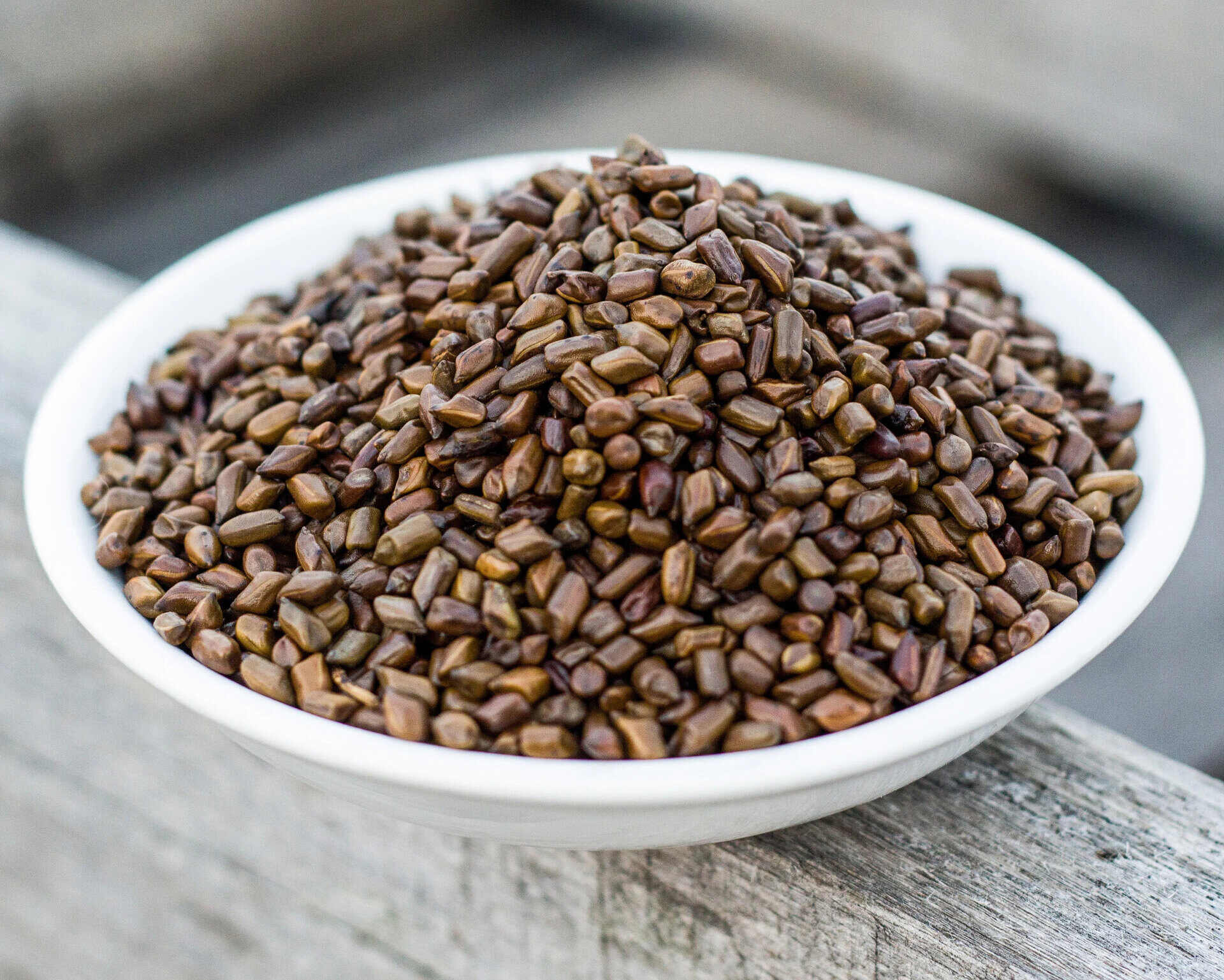

Garden Essentials
What Is Cassia Seed
Modified: March 15, 2024
Discover the benefits and uses of garden cassia seed, a popular herbal remedy for various health conditions. Explore its natural properties and how to incorporate it into your daily routine.
(Many of the links in this article redirect to a specific reviewed product. Your purchase of these products through affiliate links helps to generate commission for Storables.com, at no extra cost. Learn more)
Introduction
Gardening is a wonderful hobby that offers numerous benefits. Not only does it allow individuals to connect with nature, but it also provides an opportunity to create beautiful and thriving spaces. Whether you have a small balcony garden or a sprawling backyard, there is something magical about nurturing plants and watching them flourish.
One of the key elements in successful gardening is having a deep understanding of plants and their specific needs. This includes not only knowing how to care for them properly but also being aware of the different species and varieties available.
In this article, we will explore the fascinating world of cassia seed, a lesser-known plant with a long history of medicinal use. We will delve into its origins, describe its botanical characteristics, discuss its medicinal properties, and explore its potential health benefits.
By the end of this article, you will have a comprehensive understanding of cassia seed and how it can be incorporated into your gardening and health routines. So, let’s embark on this journey of knowledge and exploration!
Key Takeaways:
- Cassia seed, a plant with a rich history in traditional medicine, offers potential benefits for digestion, eye health, inflammation, detoxification, relaxation, and weight management. However, it’s important to consult a healthcare professional before use.
- While cassia seeds have potential health benefits, including digestive support and eye health, it’s crucial to be aware of possible side effects, dosage guidelines, and interactions with medications. Always prioritize your health and seek professional advice when needed.
Read more: What Is A Seed?
History of Cassia Seed
Cassia seed, scientifically known as Cassia obtusifolia, is a plant native to tropical and subtropical regions of Asia. It has a rich history dating back thousands of years and has been widely used in traditional Chinese medicine as well as in other parts of the world.
According to ancient Chinese texts, cassia seeds were first mentioned in the “Shen Nong Ben Cao Jing,” a medical book believed to have been written around 200 B.C. The seeds were highly regarded for their medicinal properties, particularly in the treatment of various eye-related conditions such as blurred vision, redness, and dryness.
Throughout history, cassia seeds have been used in different cultures to promote overall wellness and alleviate various health concerns. In traditional Chinese medicine, they are believed to have a cooling effect on the body and are used to clear heat, improve digestion, and promote healthy bowel movements.
Outside of Asia, cassia seeds have also been utilized in Ayurvedic medicine, the traditional healing system of India. They were believed to have a balancing effect on the body’s doshas, particularly the Pitta dosha, which governs metabolism and digestion.
Over time, cassia seed’s popularity as a therapeutic herb spread to other parts of the world. Today, it can be found in herbal remedies, dietary supplements, and even in some commercial beauty products.
The rich history and widespread use of cassia seed highlight its importance in traditional medicine and its potential as a natural remedy. As we continue to discover more about this remarkable plant, let’s explore its botanical characteristics and delve deeper into its medicinal uses.
Botanical Description
Cassia seed, also known by its scientific name Cassia obtusifolia, is a hardy annual plant that belongs to the Fabaceae family. It is characterized by its vibrant yellow flowers and small, oval-shaped seeds.
The plant itself can reach a height of about 2-3 feet, with sturdy stems and long, pinnate leaves. The leaves are typically green and have a smooth texture. The flowers emerge in clusters and possess five petals, with the center petal often having a darker shade. These blossoms give way to small seed pods that contain the cassia seeds.
The seeds are the most sought-after part of the plant for medicinal and therapeutic purposes. They are small, round-shaped, and typically have a dark brown or black color. The seeds have a smooth outer shell, encapsulating an inner yellowish kernel.
When fully matured, the seed pods dry out and split open, revealing the seeds inside. The seeds are then harvested and processed for various applications, including medicinal use and culinary purposes.
One notable feature of the cassia seed plant is its ability to thrive in warm and tropical climates. It prefers full sun exposure and well-drained soil. The plant is known for its adaptability and tolerance to harsh conditions, making it a suitable choice for gardens in regions with hot summers.
Overall, the botanical description of cassia seed highlights its visual appeal, resilience, and the importance of the seeds themselves, which are used for their medicinal properties. Now that we have an understanding of the plant’s appearance, let’s explore its traditional use in medicine and the various health benefits associated with cassia seeds.
Medicinal Uses
For centuries, cassia seeds have been valued for their medicinal properties and have been used in various traditional healing practices. The seeds are believed to have a range of therapeutic effects on the body and are primarily known for their beneficial impact on the digestive and ocular systems.
One of the prominent traditional uses of cassia seeds is for promoting healthy digestion. The seeds have a cooling nature and are often used to alleviate digestive complaints such as bloating, flatulence, and constipation. Cassia seeds are rich in dietary fiber, which helps to regulate bowel movements and promote regularity.
In traditional Chinese medicine, cassia seeds have been used as a natural laxative to gently cleanse the intestines and relieve constipation. They are believed to have a slightly bitter taste that stimulates the digestive system and encourages the smooth movement of stool through the colon.
Another area in which cassia seeds have been traditionally used is in promoting healthy eyesight. In traditional Chinese medicine, the seeds are believed to have a cooling effect on the liver and to nourish the eyes. They are used to help reduce redness, dryness, and itchiness of the eyes, often caused by excessive strain or prolonged exposure to screens.
Furthermore, cassia seeds have been traditionally used to promote overall detoxification in the body. They are believed to have diuretic properties, helping to flush out toxins and excess fluids from the body. This cleansing effect is thought to support liver health and promote healthy kidney function.
Additionally, cassia seeds have been utilized for their potential anti-inflammatory properties and may be helpful in reducing inflammation in the body. They contain compounds such as anthraquinones, which have been studied for their anti-inflammatory effects.
While the traditional uses of cassia seeds are well-documented, it is important to note that further research is needed to fully understand the mechanisms of action and potential benefits. As with any natural remedy, it is advisable to consult with a healthcare professional before incorporating cassia seeds into your health routine.
Now, let’s explore the potential health benefits of cassia seeds in more detail.
Health Benefits
Cassia seeds offer a variety of potential health benefits due to their rich composition of nutrients and bioactive compounds. While more research is needed to fully uncover the extent of these benefits, preliminary studies and traditional use suggest several potential advantages.
1. Digestive Health: Cassia seeds are known for their ability to improve digestion and alleviate common digestive issues such as bloating and constipation. The high fiber content of the seeds helps to promote regular bowel movements and maintain a healthy digestive system.
2. Eye Health: Traditionally, cassia seeds have been used to support eye health and relieve eye discomfort. They are believed to have a cooling effect on the liver, which can help reduce inflammation and redness in the eyes. Some early studies suggest that cassia seeds may also have antioxidant properties that can protect the eyes against oxidative stress.
3. Anti-Inflammatory Effects: Cassia seeds contain compounds with potential anti-inflammatory properties. These compounds may help reduce inflammation in the body, which is associated with various chronic diseases, including cardiovascular conditions, arthritis, and certain types of cancer.
4. Detoxification: Cassia seeds are believed to have diuretic properties, which can aid in the removal of toxins and excess fluids from the body. This can support liver health and promote healthy kidney function.
5. Sleep Support: Cassia seeds have been traditionally used in herbal remedies to promote relaxation and improve sleep quality. They are believed to have calming properties and can help alleviate restlessness and insomnia.
6. Weight Management: The fiber content in cassia seeds can contribute to feelings of fullness, helping to regulate appetite and potentially aid in weight management efforts. Additionally, the seeds’ diuretic properties may help reduce water retention and bloating, which can be beneficial for those looking to shed excess water weight.
It’s important to note that while cassia seeds offer potential health benefits, more research is needed to validate these effects and determine optimal dosage and safety guidelines. As with any herbal remedy, it’s advisable to consult with a healthcare professional before incorporating cassia seeds into your health routine, particularly if you have underlying health conditions or are taking medications.
Now that we’ve explored the potential health benefits of cassia seeds, let’s discuss their usage and dosage recommendations.
Cassia seed is a natural remedy often used in traditional Chinese medicine to improve digestion and relieve constipation. It can be consumed as a tea or in supplement form. Always consult with a healthcare professional before using any new herbal remedy.
Read more: What Is Germinate
Usage and Dosage
Cassia seeds can be utilized in various forms for their medicinal benefits. They are commonly available as whole seeds, powder, or in the form of herbal supplements or teas.
When using cassia seeds, it is essential to follow proper dosage guidelines to ensure safe and effective use. However, it’s important to note that dosage recommendations may vary depending on individual factors such as age, health status, and specific health goals. It is always advisable to consult with a healthcare professional before starting any new herbal regimen.
Here are some general guidelines for using cassia seeds:
1. Whole Seeds: If using whole cassia seeds, they can be soaked in water or brewed to make a tea. This tea can be consumed daily for digestive support or as a gentle laxative. Start with a small amount (about 1 teaspoon of seeds) and gradually increase the dosage if needed.
2. Powder: Cassia seed powder can be added to various recipes and beverages. It is important to follow the recommended dosage on the product packaging or consult with a healthcare professional for personalized guidance.
3. Supplements: Cassia seed supplements are available in capsule or tablet form. The recommended dosage will vary depending on the concentration of active ingredients in the supplement. Follow the instructions provided by the manufacturer or consult with a healthcare professional for proper dosage guidelines.
It is worth noting that excessive consumption of cassia seeds or prolonged use may lead to unwanted side effects. It is always best to use them in moderation and as part of a well-rounded approach to health and wellness.
Now, let’s explore some of the potential side effects of cassia seeds and possible interactions with medications.
Possible Side Effects
While cassia seeds are generally considered safe when used in moderation, excessive consumption or prolonged use may lead to certain side effects. It’s important to be aware of these potential risks before incorporating cassia seeds into your health routine.
1. Diarrhea and Abdominal Discomfort: Cassia seeds have a natural laxative effect, which may cause loose stools or diarrhea if consumed in large amounts. Additionally, some individuals may experience abdominal discomfort, such as cramping or bloating, as a result of increased bowel movements.
2. Electrolyte Imbalance: Prolonged or excessive use of cassia seeds as a laxative may lead to electrolyte imbalances in the body. This can occur due to increased fluid loss through frequent bowel movements. It is important to maintain proper hydration and monitor electrolyte levels if using cassia seeds regularly.
3. Allergic Reactions: Some individuals may have an allergic reaction to cassia seeds. Symptoms of an allergic reaction can vary and may include itching, hives, swelling, or difficulty breathing. If you experience any of these symptoms, discontinue use and seek medical attention immediately.
4. Interference with Medications: Cassia seeds may interact with certain medications, including blood thinners, antidiabetic drugs, and diuretics. The seeds have the potential to enhance the effects or interfere with the absorption of these medications. It is important to consult with a healthcare professional before using cassia seeds if you are taking any medications.
5. Pregnancy and Breastfeeding: It is best to avoid using cassia seeds during pregnancy or while breastfeeding, as there is limited research on its safety in these situations.
As with any herbal remedy, it is advisable to start with a low dosage and monitor your body’s response. If you experience any adverse effects, it is important to discontinue use and consult with a healthcare professional.
Now that we’ve covered the potential side effects of cassia seeds, let’s discuss possible interactions with medications.
Interactions with Medications
Cassia seeds may interact with certain medications, and it is important to be aware of these potential interactions to ensure safe and effective use. If you are taking any medications, it is advisable to consult with a healthcare professional before incorporating cassia seeds into your health routine.
Here are some common medications that may interact with cassia seeds:
1. Anticoagulants (Blood Thinners): Cassia seeds have a natural anticoagulant effect and may enhance the effects of blood-thinning medications such as warfarin, aspirin, or clopidogrel. This can increase the risk of bleeding or bruising. It is important to monitor your blood clotting time and consult with your healthcare provider if you are taking these medications.
2. Antidiabetic Drugs: Cassia seeds may have a hypoglycemic effect, which means they can lower blood sugar levels. If you are taking medications to control diabetes, such as insulin or oral antidiabetic drugs, cassia seeds may enhance their effects, leading to a potential drop in blood sugar levels. Regular monitoring of blood sugar levels is crucial, and it is recommended to consult with your healthcare provider for proper dosage adjustments if necessary.
3. Diuretics: Cassia seeds have diuretic properties and may increase urine production. If you are taking diuretic medications such as furosemide or hydrochlorothiazide, the combination with cassia seeds may lead to excessive fluid loss and electrolyte imbalances. It is advisable to monitor your fluid and electrolyte levels closely while using both medications.
4. Other Medications: Cassia seeds may interact with other medications, including those used to manage high blood pressure, liver diseases, or kidney disorders. It is crucial to consult with your healthcare provider to determine if cassia seeds are safe to use alongside these medications.
Additionally, it is important to note that herbal supplements and the contents of different products may vary. It is essential to read product labels carefully and choose reputable brands that provide detailed information about the composition and potential interactions of their products.
In summary, if you are taking any medications, it is best to consult with a healthcare professional before incorporating cassia seeds into your health routine. They can provide personalized advice and guidance based on your specific circumstances and help ensure your safety and well-being.
As we wrap up this article, it is evident that cassia seeds have a long history of medicinal use and offer potential health benefits. However, it is important to approach their usage with caution, be aware of potential side effects, and seek professional advice when necessary. With proper knowledge and guidance, cassia seeds can be incorporated into a well-rounded approach to health and wellness, enhancing your overall well-being.
Conclusion
Cassia seeds, with their rich history and medicinal properties, hold great potential for enhancing digestive health, promoting eye health, aiding in detoxification, and offering other potential health benefits. The hardy annual plant, Cassia obtusifolia, has been utilized in traditional Chinese medicine and other healing practices for centuries.
With their natural laxative effect, cassia seeds can assist in relieving digestive issues such as bloating and constipation. They have also been traditionally used to support eye health and reduce eye discomfort.
Additionally, cassia seeds offer potential anti-inflammatory effects, may aid in detoxification, promote relaxation and better sleep, and potentially contribute to weight management efforts.
However, it is important to note that further research is needed to fully understand the mechanisms of action and optimal dosages. As with any herbal remedy, it is advisable to consult with a healthcare professional before incorporating cassia seeds into your health routine, especially if you have underlying health conditions or are taking medications.
It is also crucial to be aware of possible side effects, such as diarrhea, abdominal discomfort, and allergic reactions. Prolonged or excessive use may also lead to electrolyte imbalances. Cassia seeds may interact with certain medications, such as blood thinners, antidiabetic drugs, and diuretics, and it is important to consult with a healthcare professional if you are taking any of these medications.
In conclusion, cassia seeds offer a natural and holistic approach to promoting health and well-being. By understanding their botanical description, medicinal uses, potential health benefits, proper usage and dosage, and potential interactions with medications, you can safely incorporate cassia seeds into your health routine.
Remember to prioritize your health and always seek professional advice when needed. With the right knowledge and guidance, cassia seeds can be a valuable addition to your lifestyle, allowing you to nurture your well-being and enjoy the wonders of nature’s healing power.
Frequently Asked Questions about What Is Cassia Seed
Was this page helpful?
At Storables.com, we guarantee accurate and reliable information. Our content, validated by Expert Board Contributors, is crafted following stringent Editorial Policies. We're committed to providing you with well-researched, expert-backed insights for all your informational needs.

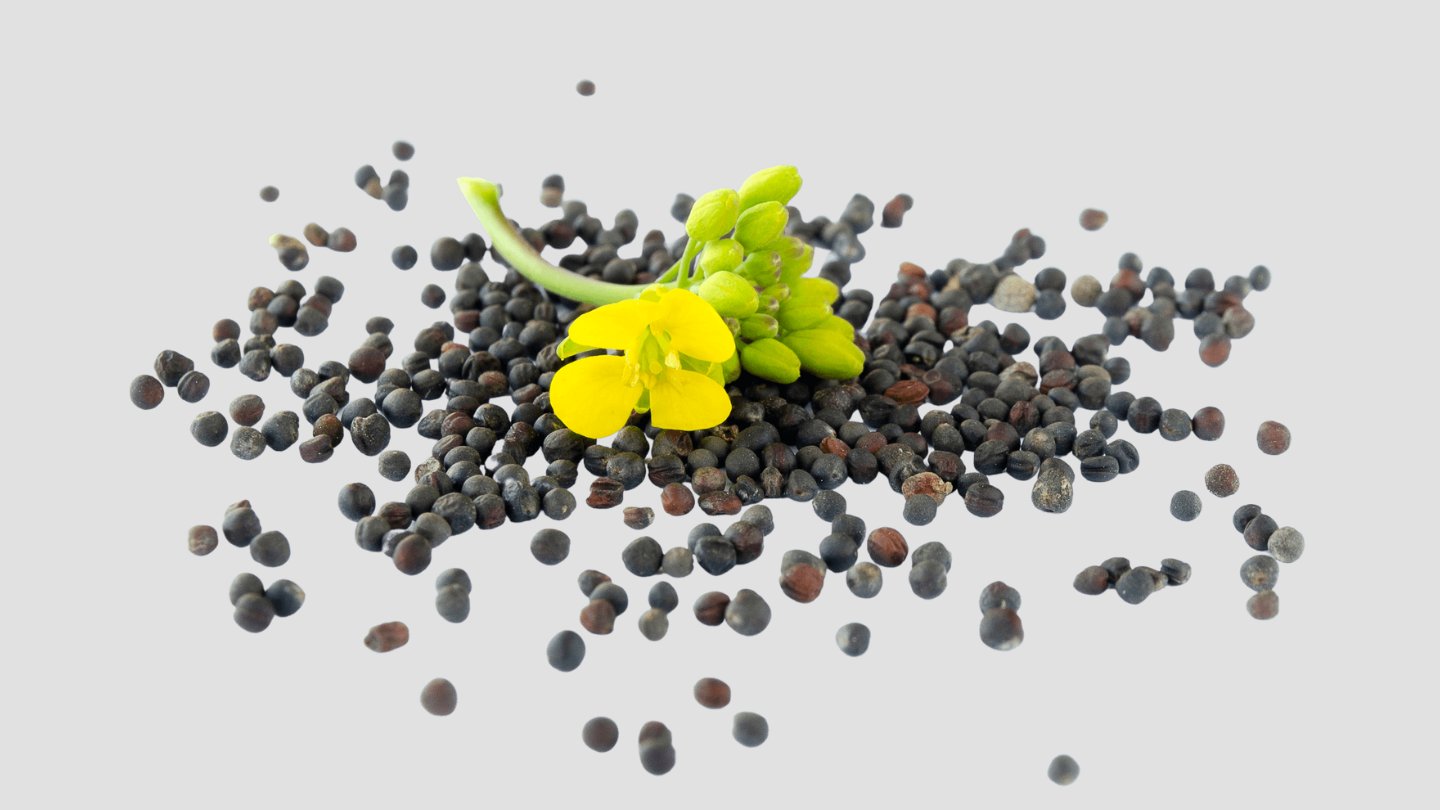
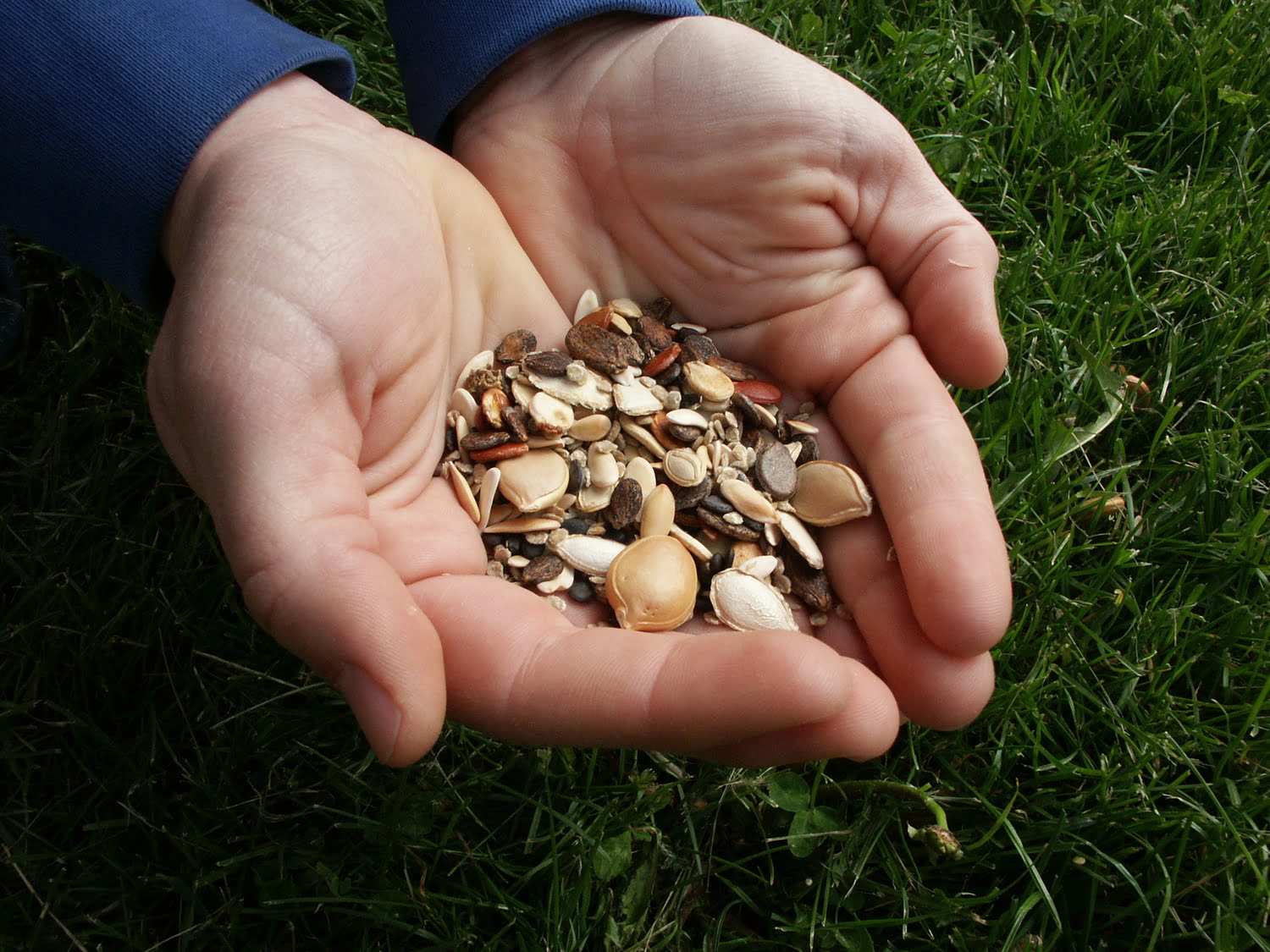
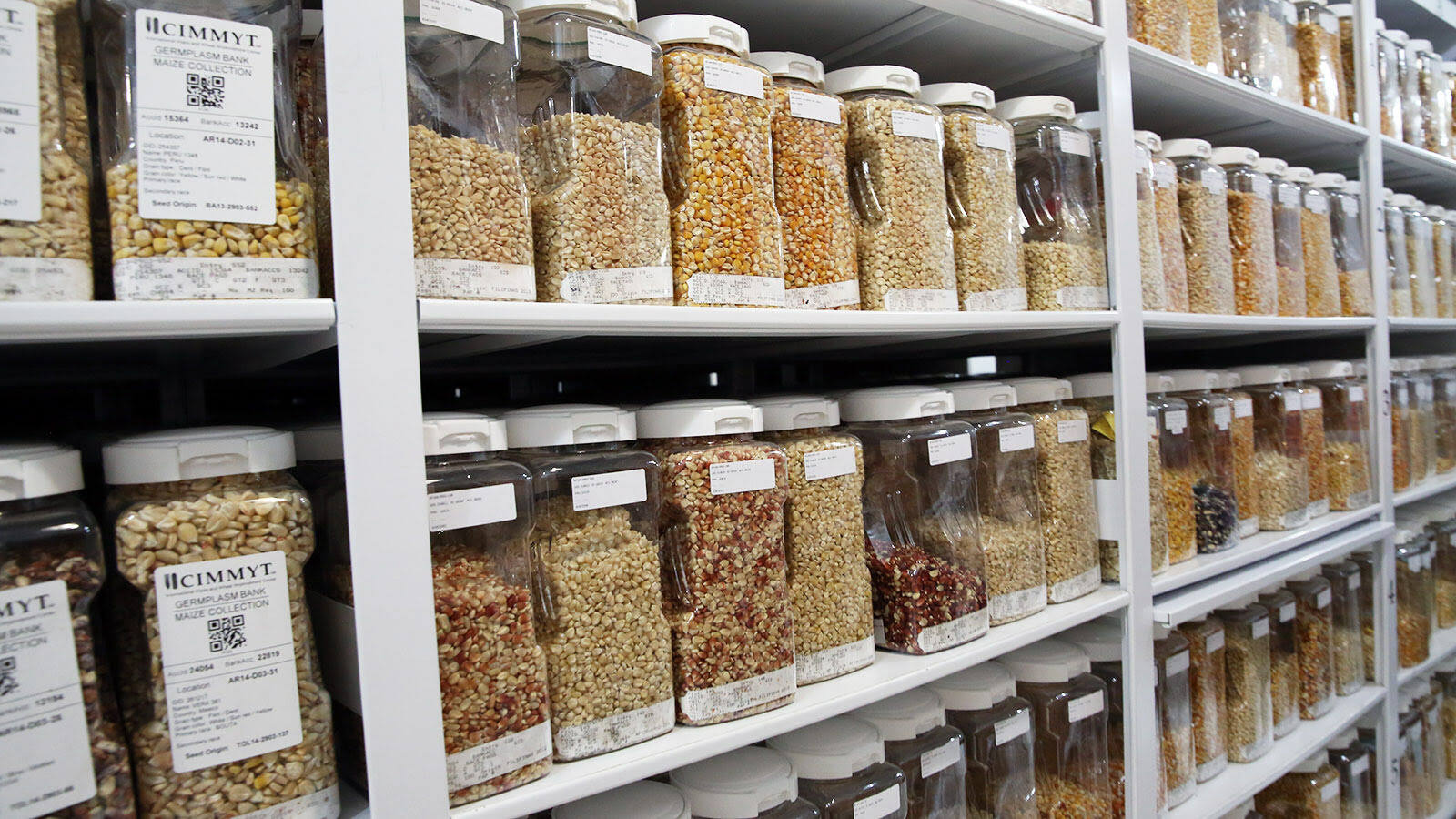
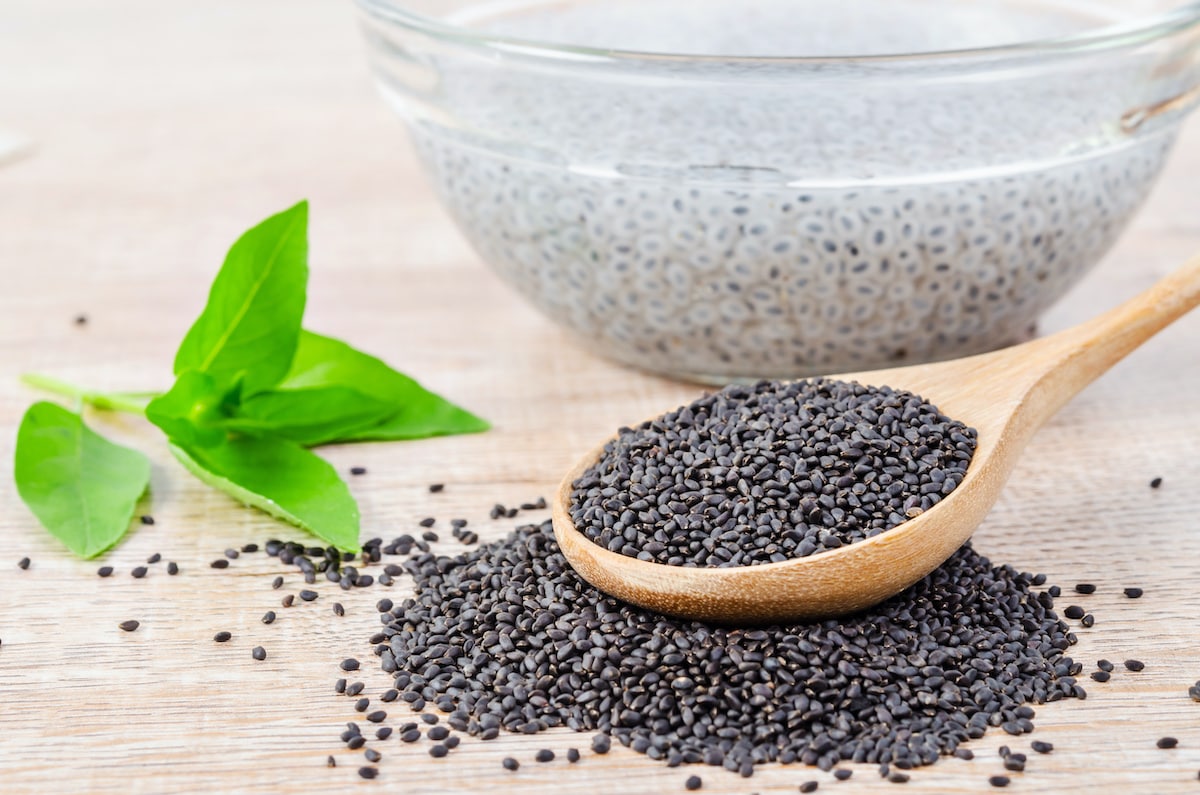
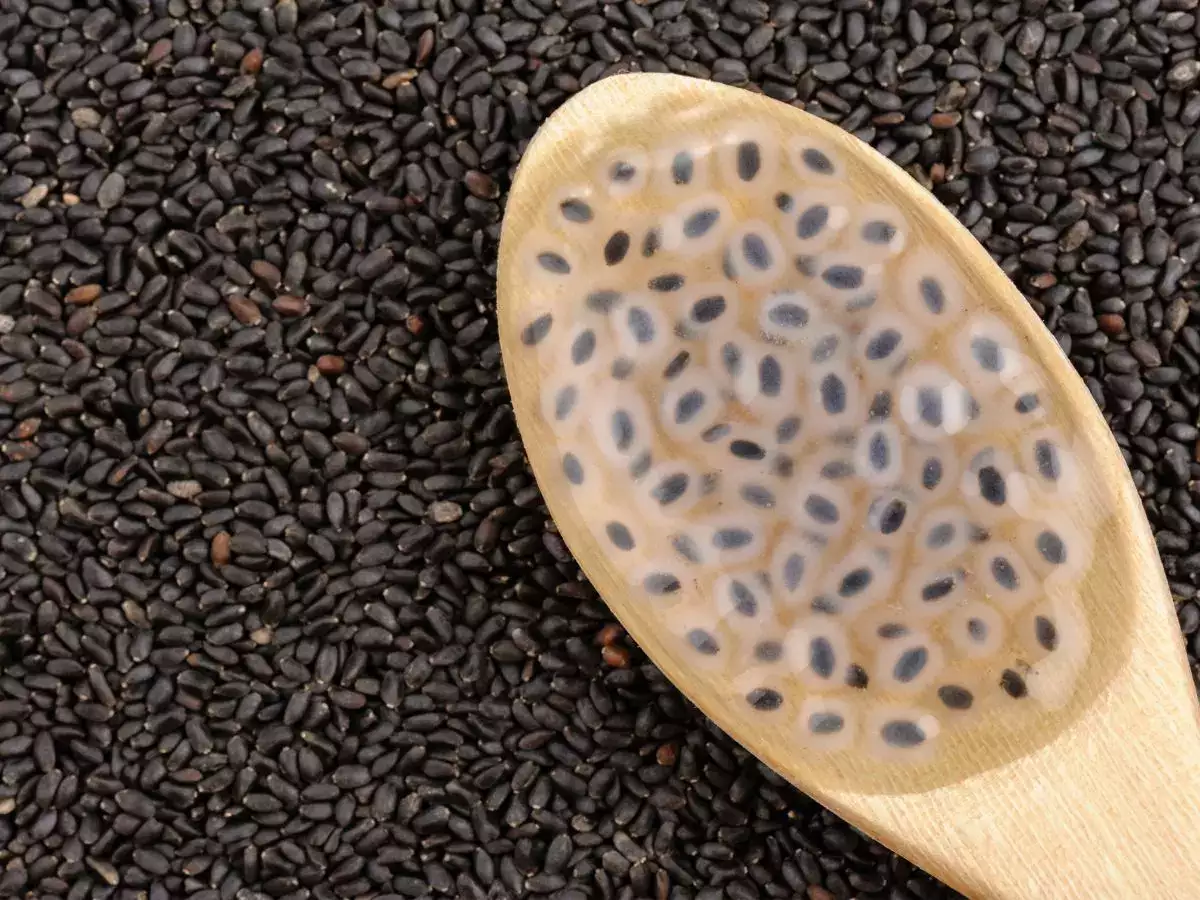
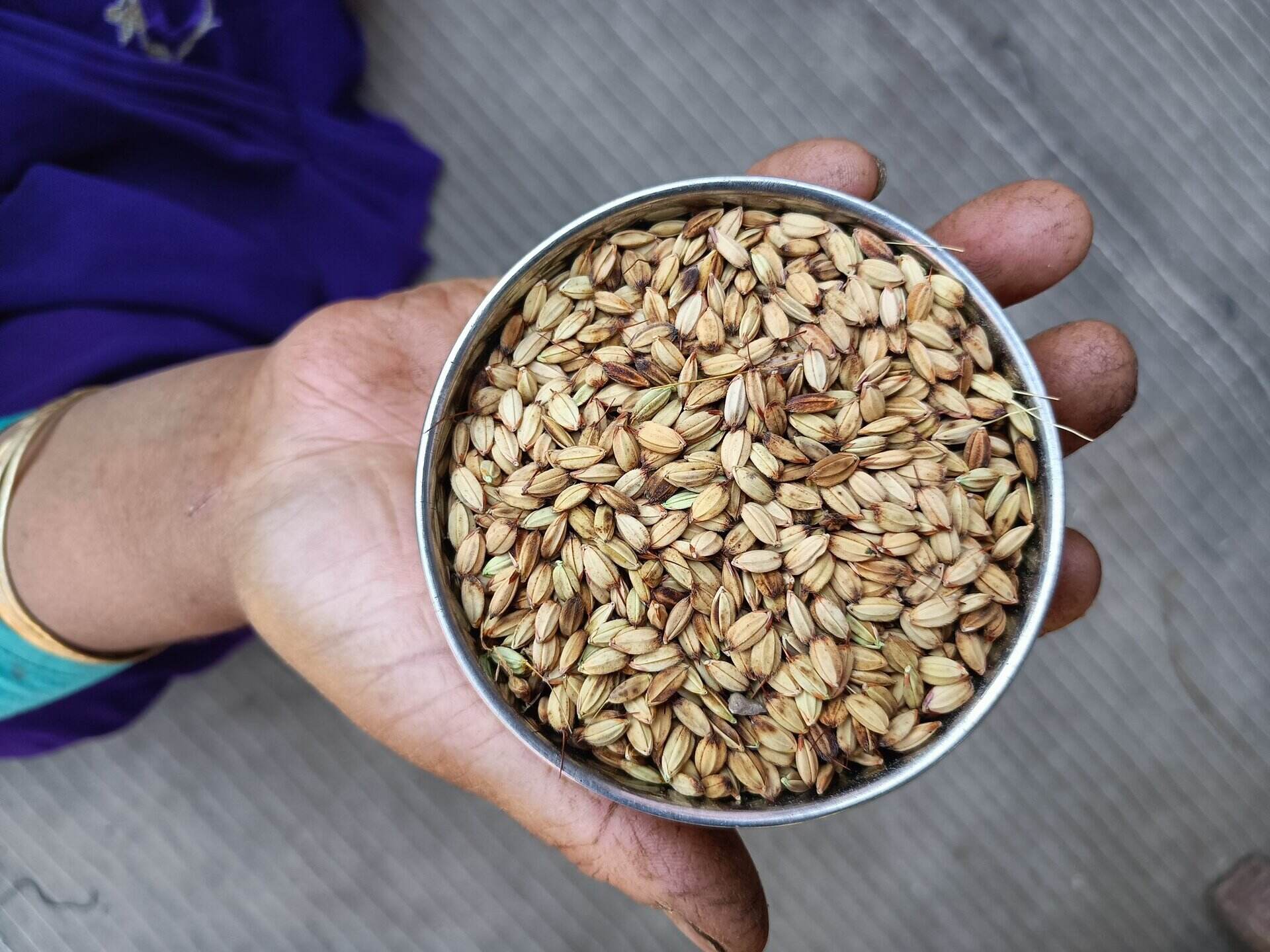
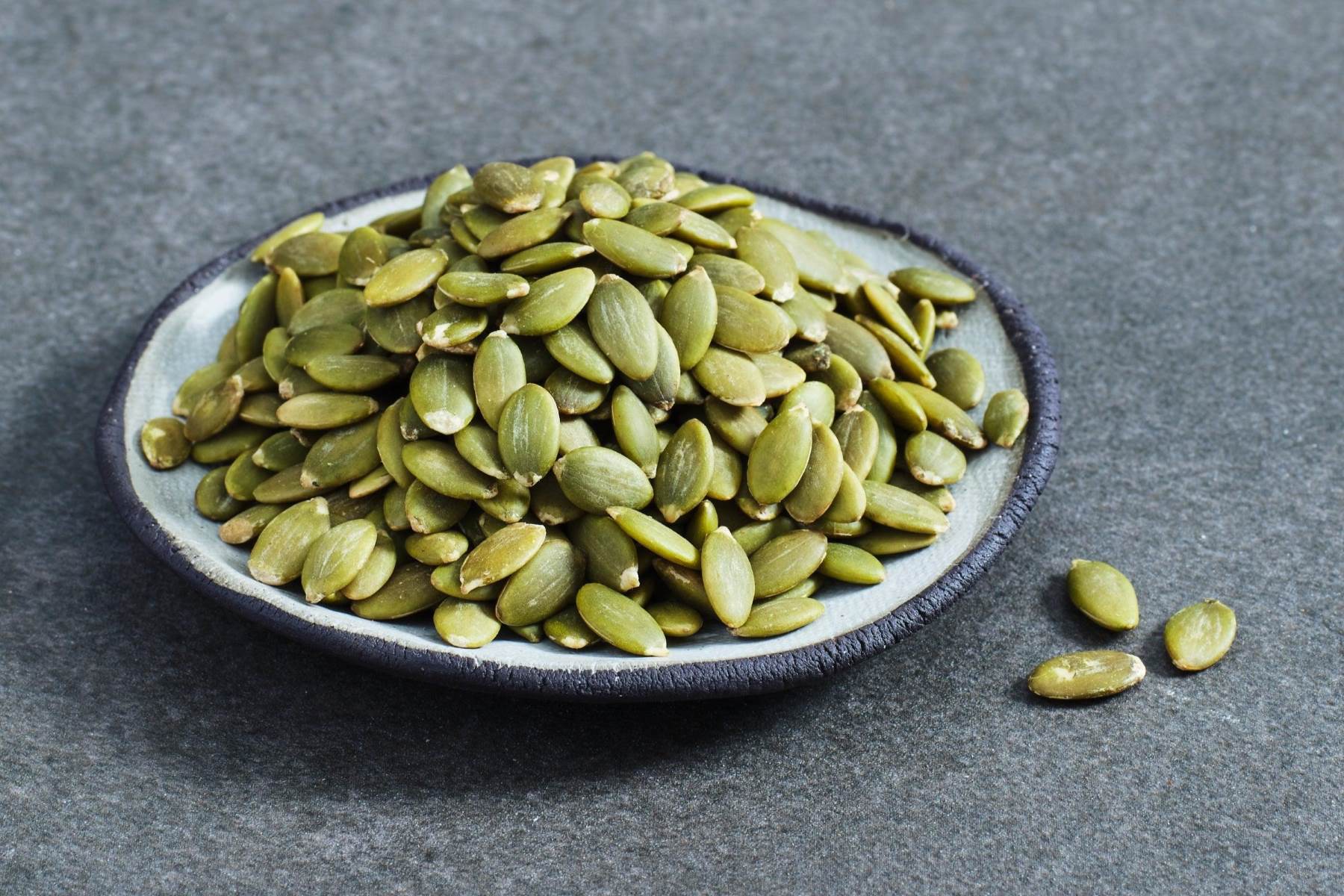
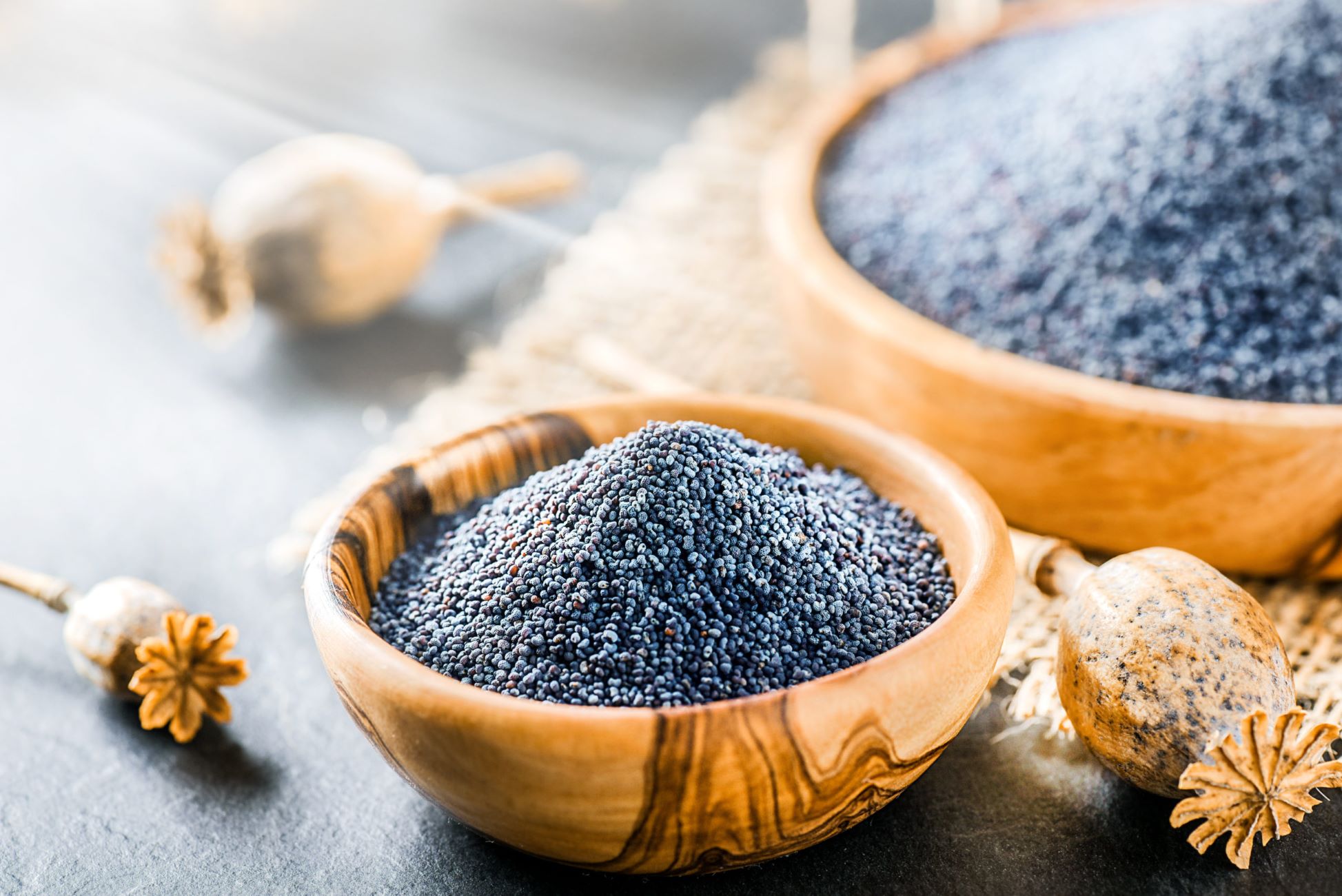
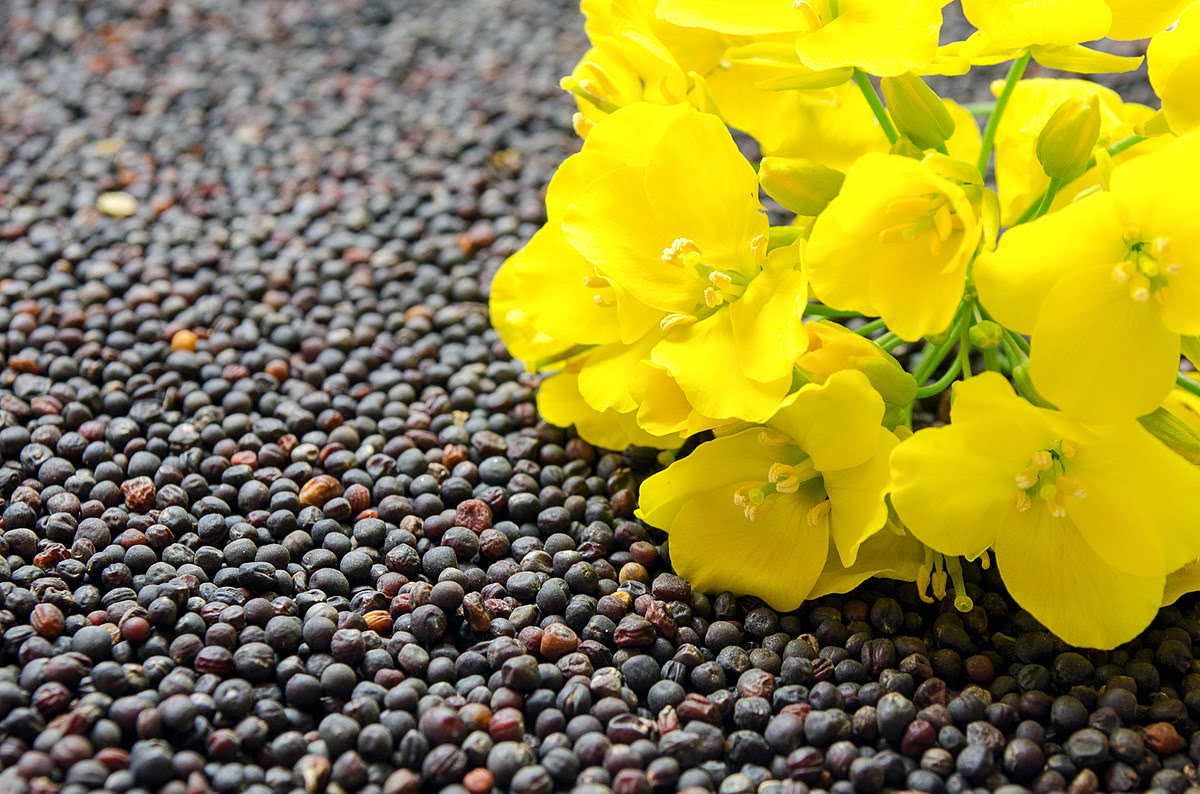
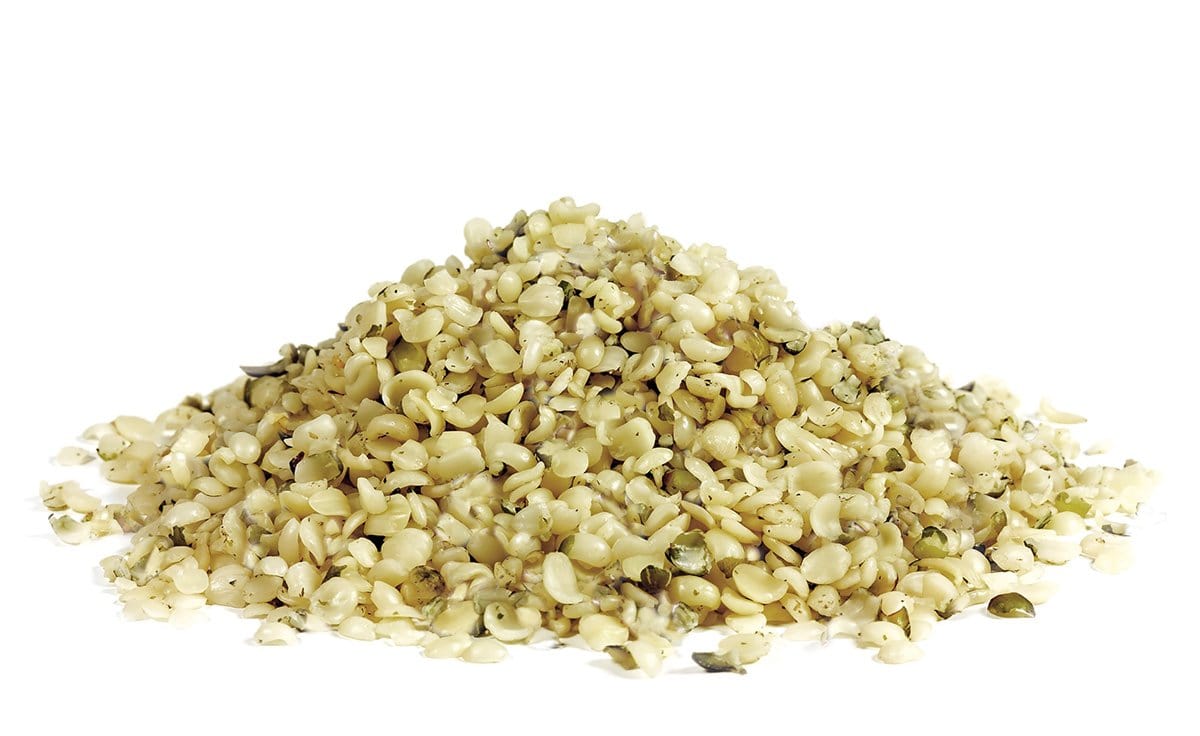


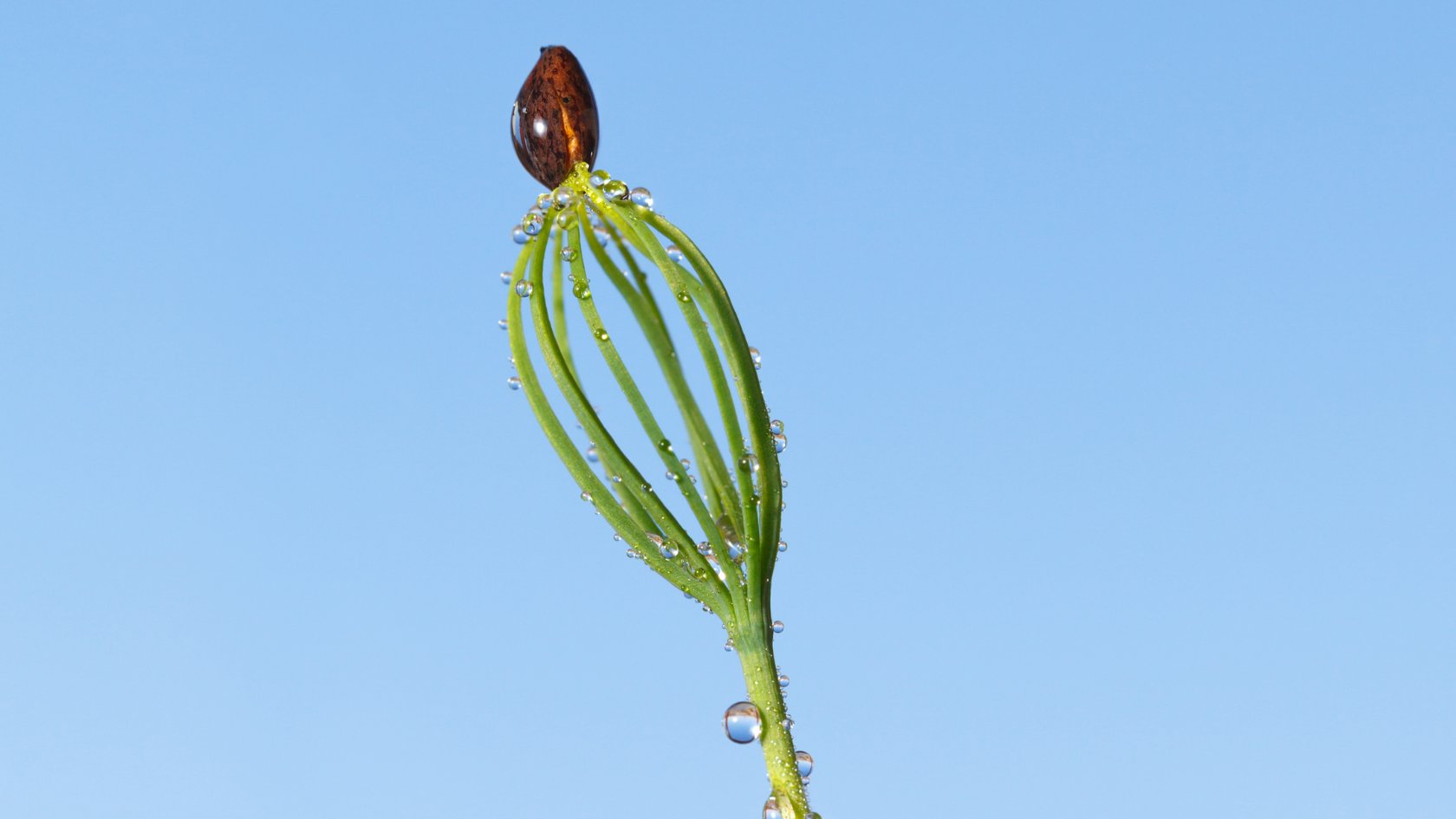

0 thoughts on “What Is Cassia Seed”